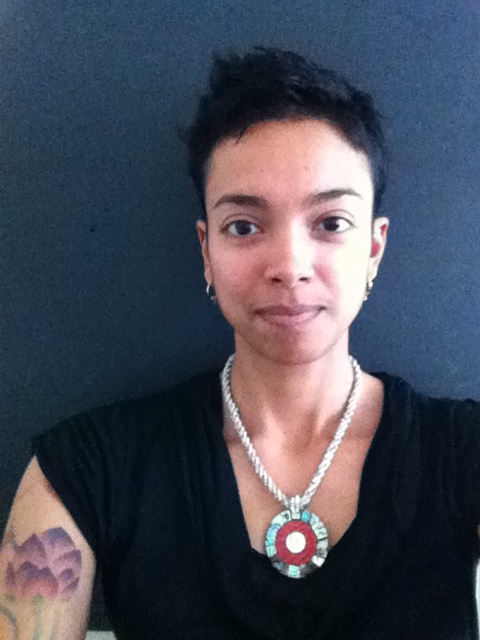What does it take to win? More specifically, what does it take to win healthier conditions for people and the environment? And what can philanthropy do to make this happen? These are familiar questions for funders across the fields of health, the environment and social justice. As co-chairs of HEFN’s 2012 Annual Meeting, “A New Power Grid: Winning Strategies to Protect Health and the Environment” held in Chicago on November 13-14, we asked ourselves and our colleagues to consider how – and whose – power is shaping environmental health and justice outcomes.
On the heels of the election, we took a pragmatic – not ideological or partisan – look at power, hearing stories of efforts to counteract polluter influence and discussing strategies to achieve environmental health and justice objectives.
A diverse speaker lineup brought in reports and lessons from across the environmental health and justice field. Grassroots organizers shared how they harnessed the power of people to improve health and environmental conditions in their communities. Advocates and business representatives highlighted campaigns, NGO-business partnerships and corporate changes that are shifting markets towards safer chemicals, cleaner energy, and healthier working conditions. Scientists updated us on environmental health research and described struggles with industry-funded efforts to undermine the credibility of science and its impact on policy outcomes. Likewise, political experts explored approaches to reduce the role of corporate money in politics.
A theme emerging across all presentations was that finding allies across geographies, constituencies and issue areas often is a winning ticket. The “new power grid” is less an aspirational metaphor than a description of how funders are helping build power to protect public health and the environment by resourcing and connecting many stakeholders.
The theme of power also provided funders at the meeting with the chance to talk about how we can strengthen our own work by being better connected. Funders focused on toxics, environmental justice, fracking, or environmental health research began to see those issues as a part of a larger whole. Together we have more information to draw on, more assets to invest, and better odds of success at addressing threats to environmental health and justice.
Vanessa Daniel is the Executive Director of the Groundswell Fund, which supports reproductive justice issues in the U.S. Phil Johnson is the Senior Program Officer of the Heinz Endowments’ Environment Program where he manages a grants portfolio and community initiatives that focus on public health, environment and sustainability.

